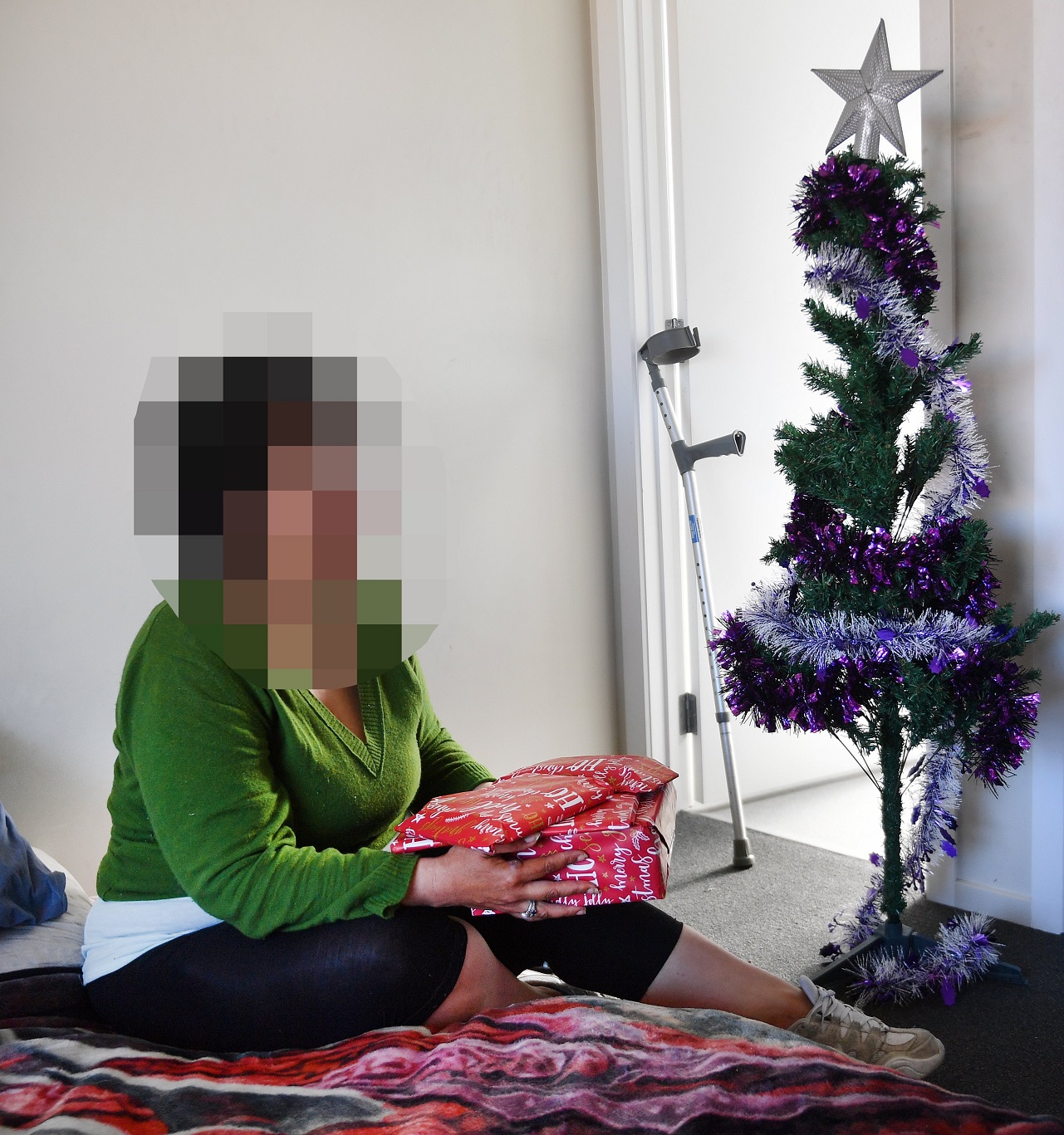
Anna*, 46, was spotted by the Otago Daily Times last week sitting on the pavement on George St, begging for food, a crutch alongside her. She is disabled.
The ODT had followed her homelessness journey for more than a year.
We first met her in a notorious boarding house, sleeping in filthy conditions next to a broken window. She was with a man.
Some months later, we found her huddled in squalor in a tent at the Kensington Oval park, with the same man and a puppy. They had been evicted from the boarding house because they got the puppy.
It was hard to pick which had been worse, the boarding house or the tent. Before then, the couple had lived in bushes behind a church.
Now, even though she was on a pavement, Anna looked healthy, with clean hair and clothes. Previously, she had appeared unwell and desperately unkempt. Something must have changed.
The ODT had heard Anna had got a Kāinga Ora home. Anna confirmed it was true.
It had been a long time coming. Earlier this year, the Ministry of Social Development told the ODT Anna had been on the waiting list for a state home for more than four years and her priority rating, based on her complex needs, was nearly the highest — A19. The top rating is A20.
So why was she on the street begging? Anna invited us to visit her at home.
At home
Anna’s new home is a small, warm and modern Kāinga Ora unit in a quiet street. It has a basic kitchen and modest back garden.
There was someone else in the unit when the ODT visited — but it wasn’t the man she had previously lived with.
It was Anna’s 14-year-old daughter, who is in the care of Oranga Tamariki.
"I am so proud of mum. She’s doing a lot better," her daughter said.
It was more than a year since they had last met.
Anna, who grew up in care, says she has seven children and four grandchildren. Oranga Tamariki is now also letting her see her 7-year-old son, she says.
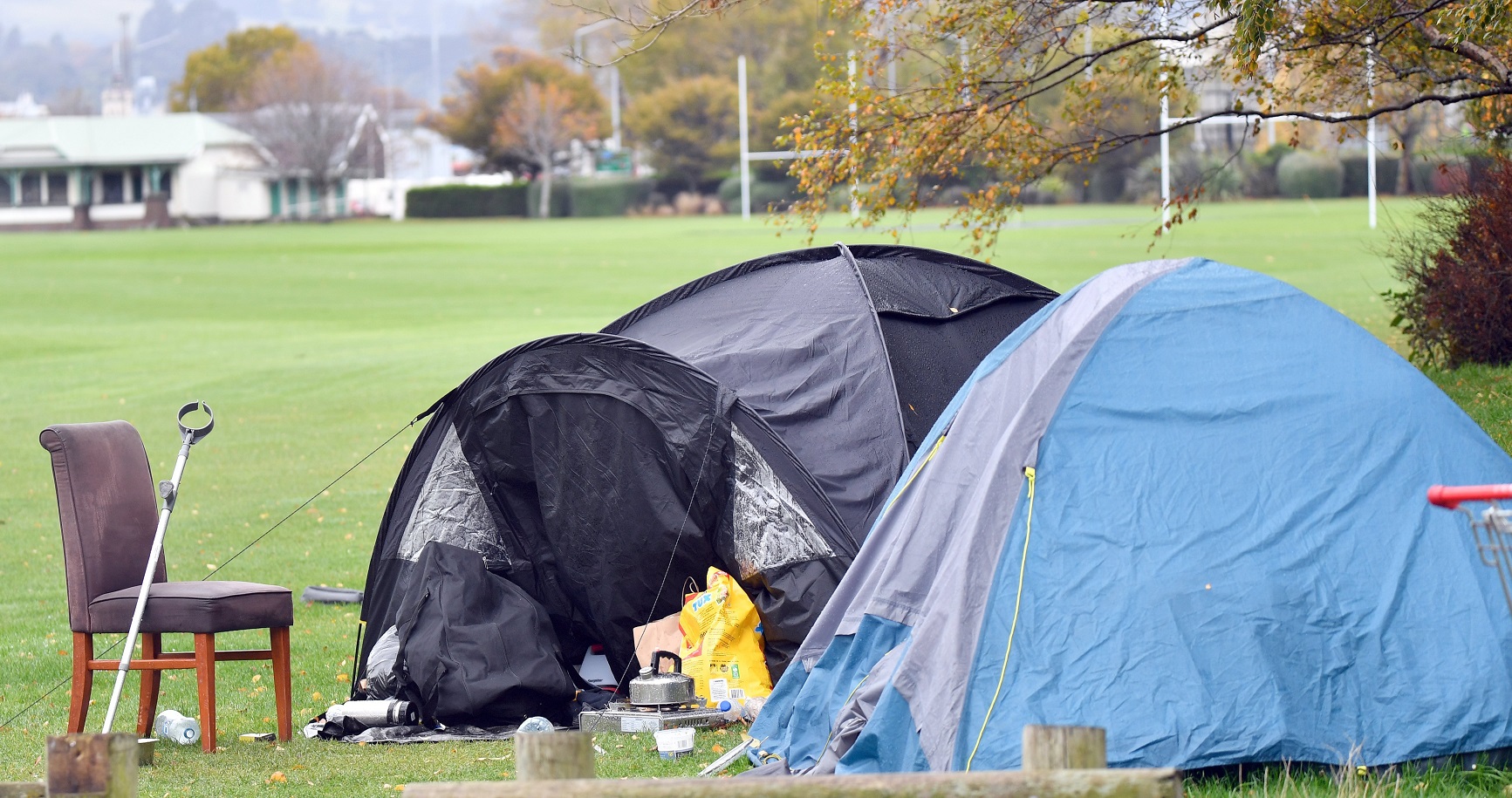
The puppy she had owned has been adopted by someone else but Anna says the new owner is going to bring him round for a visit — and she has got a cat.
More importantly, Anna says she has ended her relationship with the man. He had been a "bit violent and it has been no good".
When the ODT had previously met Anna in the man’s company, he had called himself her "carer" and told Anna to be quiet.
"We always did what he wanted to do," Anna said.
"He wasn’t a carer ... He was bringing me down and it was hard".
She says she still worries about him and his mental health because he is living on the streets. She gave him cigarettes earlier this week but "as soon as he got what he wanted he told me to leave".
"I think I’m coming right," she says. "Even though I saw [the man] yesterday, I was still able to carry on and have a happy day after that."
Anna is sleeping on a mattress on the floor but has bedding. She also has a panic button which links to the emergency services.
"You have to be special to get one of those," she said.
Her kitchen has food in it, including tins, pasta and some vegetables that appear to be decaying. Anna agrees it can be a struggle to cook, sometimes.
The rotting vegetables, and the fact Anna was begging on the street the day before, raises a question mark about whether she is getting enough support to live independently.
In the past, she told the ODT she had been diagnosed with mental illnesses including schizophrenia. She remembers a time in hospital, but says that she doesn’t know what illnesses she has now, if any, and is talking with her GP about getting an assessment of her health and social needs.
From what she says, there seems to be some administrative hold-up, but in the meantime, she says she is being helped by people from her church — who have cleaned her house — and at least one other charity.
One social leader in the city says that Anna got her home as a result of a "collaborative effort behind the scenes between a number of agencies."
However, she still seems to need more social connections. She wants to join clubs and find friends who could meet her "for a coffee", but seems unsure how. She says she spends time on the street to try to meet people. She knows there are events in a local pub, but she doesn’t drink alcohol, so doesn’t want to go.
Neighbours are being kind to Anna. One has given her a plastic Christmas tree. There are presents under it.
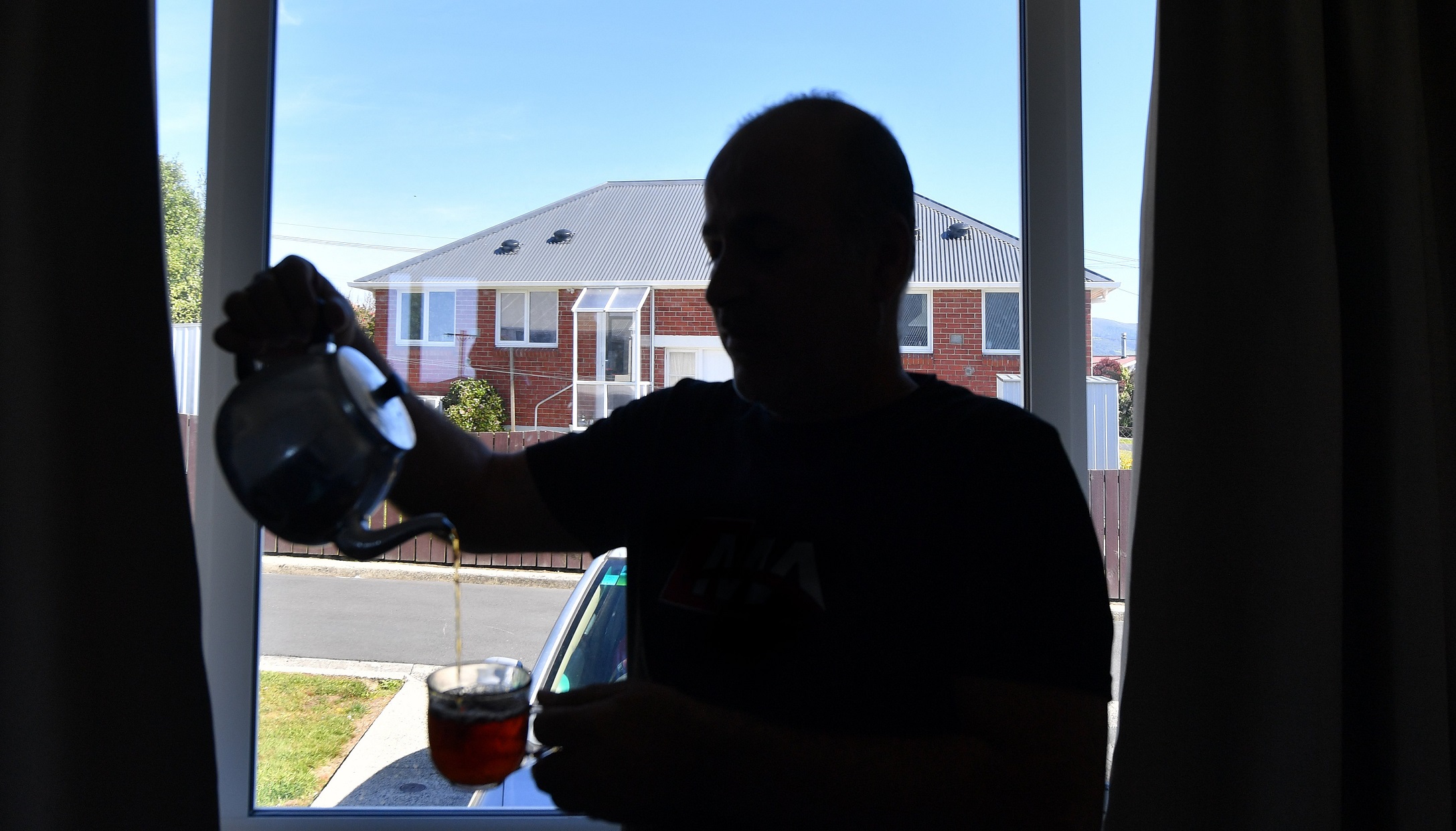
She reflects on what it had been like to be homeless and her life now. "Before, I was just living day to day ... Now I have been given my life back."
Ali*, a former Syrian refugee, was homeless until a few months ago but is now in a Kāinga Ora house.
The ODT had first met Ali more than six months ago when he was living in a motel room, funded by the government’s transitional housing scheme. At that time, he had been homeless for nearly four years and was highly anxious that the scheme would not lead to a home.
Now, he welcomes the ODT into his Kāinga Ora unit, pours cups of strong Syrian coffee and expresses happiness that he has been housed.
"This house is very, very good."
Ali is a gently spoken man who still needs significant help to improve his English — he barely speaks it. He used to be a professional baker in Syria but is now an Uber driver.
With the help of Google Translate he tells the paper he is still celebrating the fall of Syria’s oppressive Assad regime earlier this month.
"All Syrians here are very, very happy about it."
In 2020, Ali had told the Ministry of Social Development (MSD) that he had left his family’s social housing due to the breakdown of his marriage, was staying with a friend and paying a small amount of money to board there.
Ali thought the MSD had put him on the waiting list for social housing. It had not.
Miscommunication about housing need
The MSD has told the ODT that between 2020 and 2024, Ali and the MSD met 18 times, mostly with an interpreter or with his daughter who speaks English. The MSD says all discussions related to income or hardship support the agency was able to help with.
The MSD says Ali’s housing need was not raised.
Ali says that since 2020 he had been waiting and hoping for a home and on most nights, for about three years, he had been sleeping in his car.
Finally, in September last year, Ali met the MSD yet again and on this occasion the MSD understood he needed a home. The MSD put him on the housing waiting list and pointed him to the government’s transitional housing scheme, which housed him temporarily in the motel.
Before being offered his Kāinga Ora unit, Ali was offered a place in the Suzanne Lund Community Loft apartments, a corridor of small apartments in a converted warehouse behind the train station. The apartment tenancies are managed by the Salvation Army, with government funding.
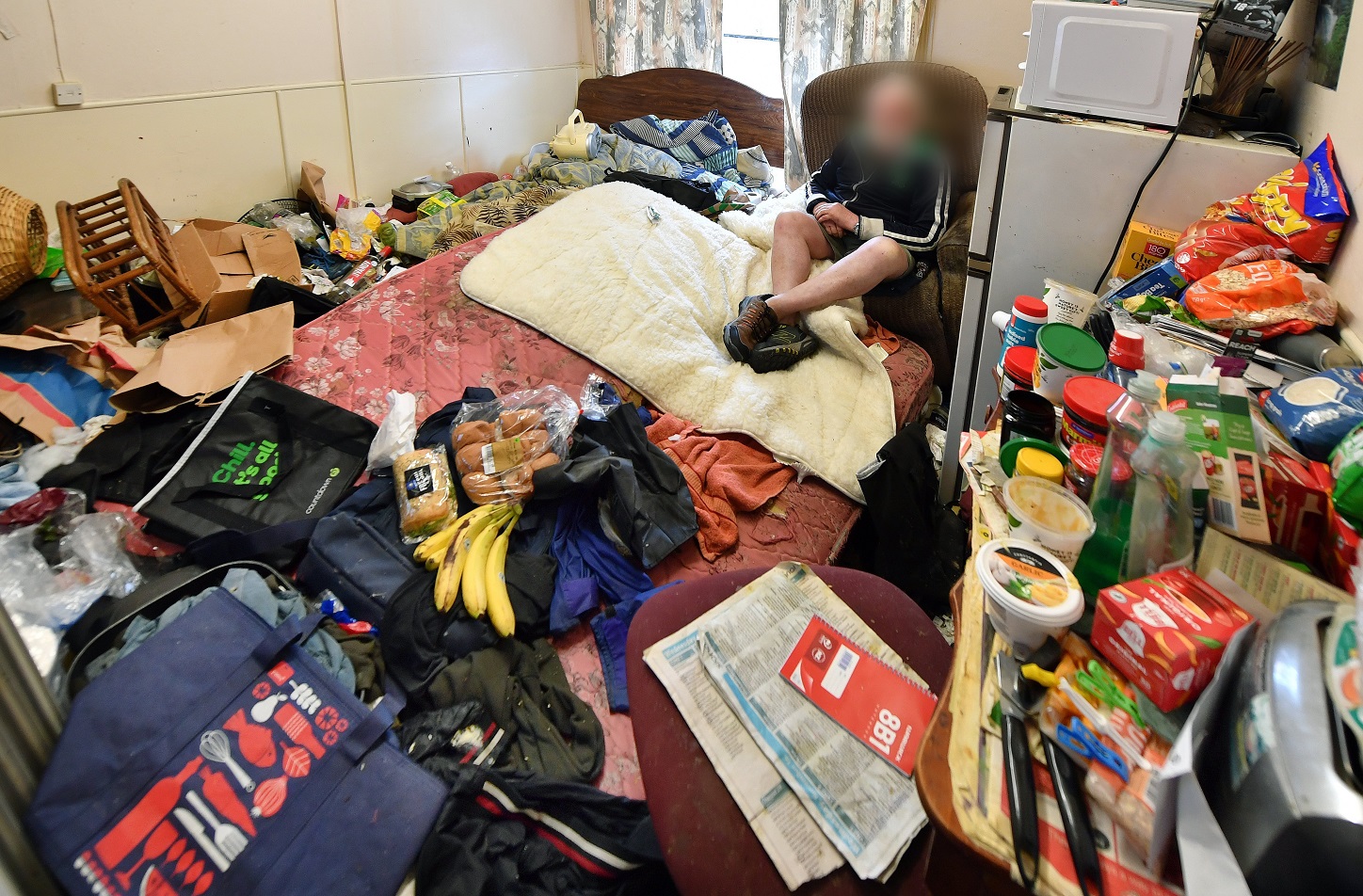
Last month, some of the tenants in the apartments complained to the ODT about feeling scared there.
Ali has now got what he dreamed of — a quiet home in a "normal" street — and plans to stay.
He shows the ODT a pile of clothes pegs lying on his back porch, given to him by a neighbour to help him hang out his washing. The small act of kindness seems to have touched him enormously.
Mark*, a gently spoken man in his mid-60s, came to the attention of the ODT in the middle of last year, living in appalling conditions in a run-down boarding house in central Dunedin.
Mark was suffering from severe self-neglect. His room was filthy and stank. Old mattresses, other belongings and rubbish were piled chaotically around him. He seemed confused and disoriented and also admitted to drinking too much alcohol.
At the time, he described the building and his living conditions as a "shipwreck" and said he was treated "lower than snake spit".
The ODT printed a shocking picture of the mayhem of his room. It was taken from the doorway, because it was impossible to get in.
A few weeks later, his belongings were spotted in a skip outside. Other tenants said the landlord had wanted him out. Mark was then found, by a good Samaritan, living on the street and taken to a much better type of temporary accommodation.
The accommodation — best described as an upmarket boarding house with rooms and shared facilities — has attentive, caring owners.
They keep Mark’s room clean and arrange for meals to be delivered and health professionals to visit him, daily. They help him shower and ensure he takes his medication. He still admits to drinking a lot and describes his addiction as "terrible".
The ODT sits with Mark and one of the owners of the boarding house in its garden, surrounded by roses. Mark says he doesn’t remember the run-down boarding house he used to live in. He says the owner of his new accommodation is a "rose, an angel ... better than wonderful".
A holding pattern
The owner laughs kindly in appreciation but says she is not a care service. She is going above and beyond, and Mark is mercifully living in some comfort, but the accommodation is really just a waiting room.
Mark has been waiting a year for a health assessment, so he can get a diagnosis and hopefully tailored healthcare, in an appropriate facility.
The owner blames backlogs in the health system for the extraordinary delay and says the delay is not unusual. Other vulnerable people in her accommodation are also waiting for assessments. Medical conditions here are serious, including mental illness and debilitating physical illness such as emphysema.
One man has been here 14 years.
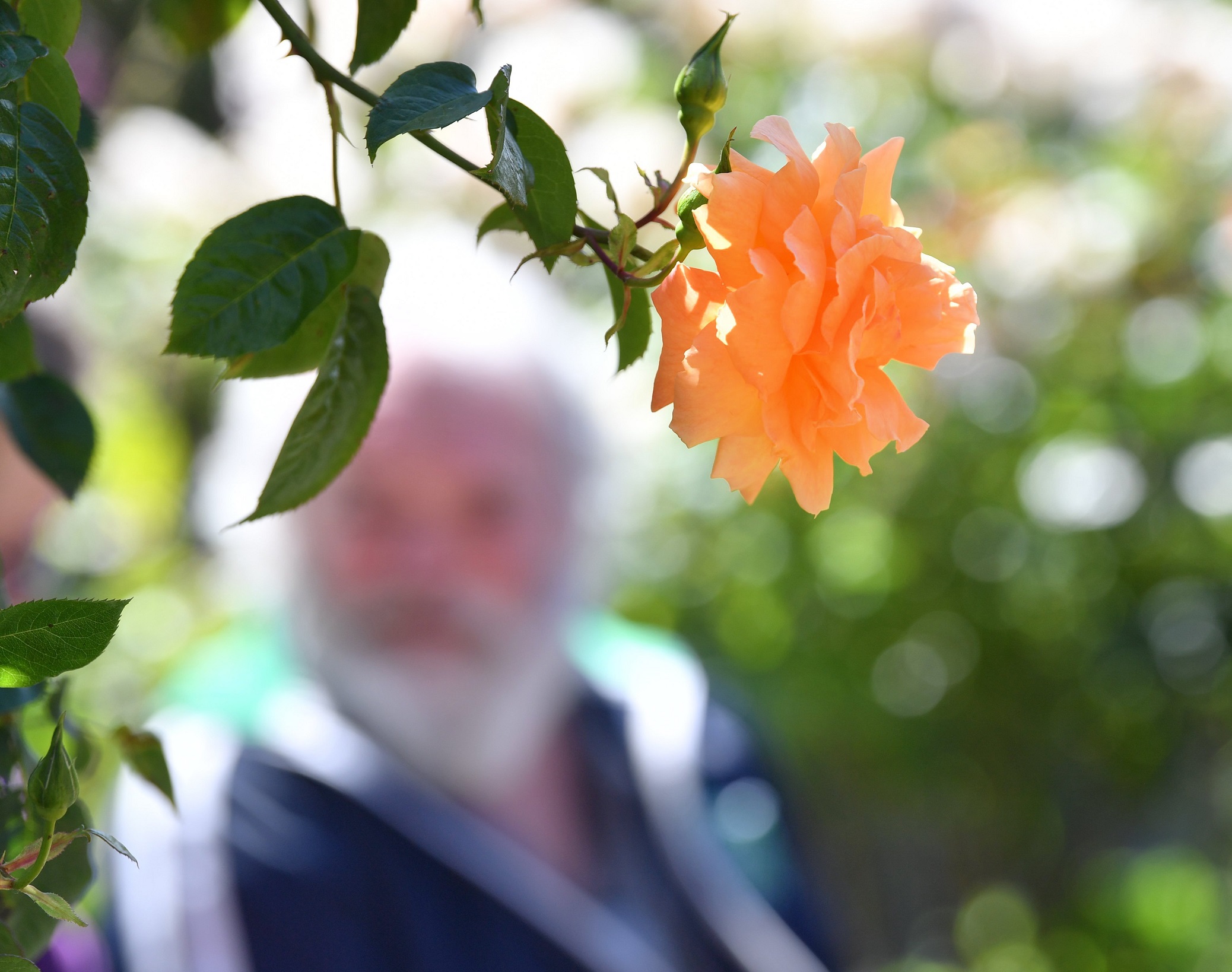
The social reality
The stories of Anna, Ali and Mark demonstrate the importance of housing first, Dunedin’s night shelter manager David McKenzie says.
A few tents, with homeless people in them, are back at the Kensington Oval park — after disappearing a few months ago when some people including Anna were housed. There are many other homeless people elsewhere in Dunedin, in bushes, boarding houses and vehicles and couch surfing.
"Having a roof makes a difference. It gives stability," Mr McKenzie said.
"But there is so much more needed. We have given up expecting help from government, or something else, to come down the pipeline, because it is just not.
"We have to try to work out things locally, in some way."
Kāinga Ora regional director Kerrie Young says there is "strong demand" for the agency’s 178 one-bedroom homes in the wider Dunedin area, with another 10 expected by next June in Green Island, Port Chalmers and central Dunedin.
The Dunedin City Council says it has 73 people aged under 55 in its own housing units. Most of the 940 units are occupied by older people.
But it isn’t just about housing, as Anna’s and Mark’s struggles to get assessments demonstrate. Mr McKenzie agrees.
"Sometimes it is a real battle to get the right letter from a GP, that goes to the right place, to arrange the right assessment of needs, to achieve even a tiny little bit of help to take that one, next step for a safer life.
"It can be a nightmare ... It is just nuts."
He said the accommodation that Mark was living in was "above and beyond. The owners are actually providing a service not a boarding house. It is amazing."
The supply of poor boarding house accommodation had reduced in the city, he said. Some of the boarding houses with higher standards were becoming "quite selective about who they are taking — it is a double-edged sword ... They have to work well and be safe spaces but it leaves a decline of long-term accommodation."
Dunedin Mayor Jules Radich had hoped this year to convert Aaron Lodge holiday park — owned by Kāinga Ora — into supported accommodation for homeless people. Mr McKenzie says he hasn’t heard about it since the hospital campaign resurfaced.
"There is real generosity in our community for people less fortunate at this time of year, for example with provision of Christmas dinners. In the midst of these celebrations it is easy for the homeless to feel even more disenfranchised. Our hope for the new year is that there will be more very real solutions for the homeless.
"It is likely to be on a person-by-person basis and because agencies and individuals have found solutions that are outside the box."
* Names have been changed to protect identities.











